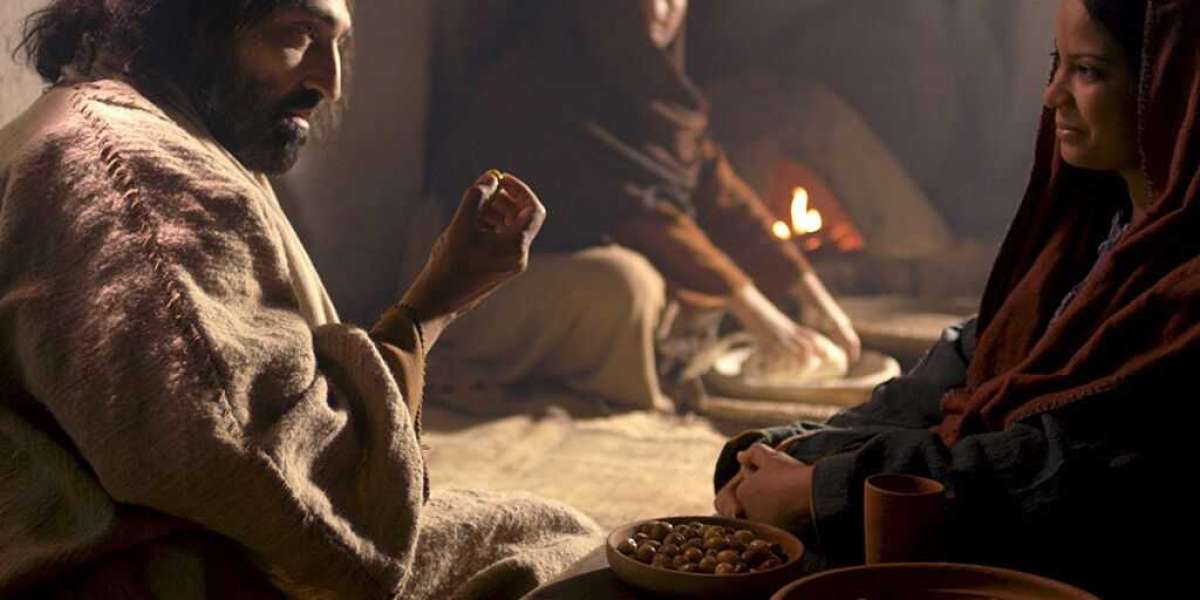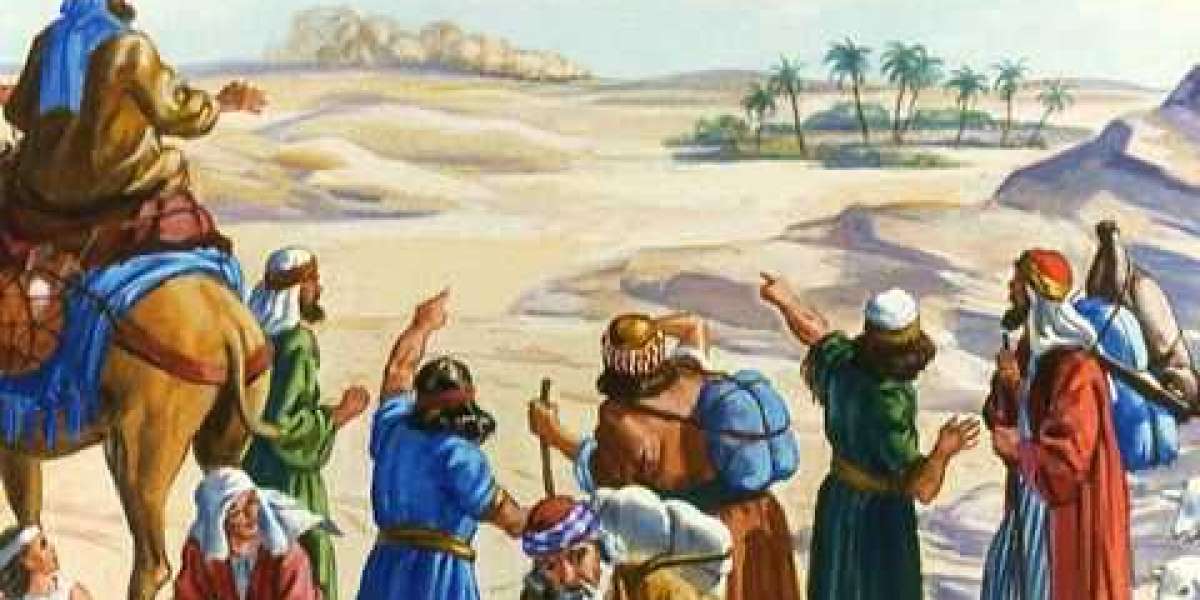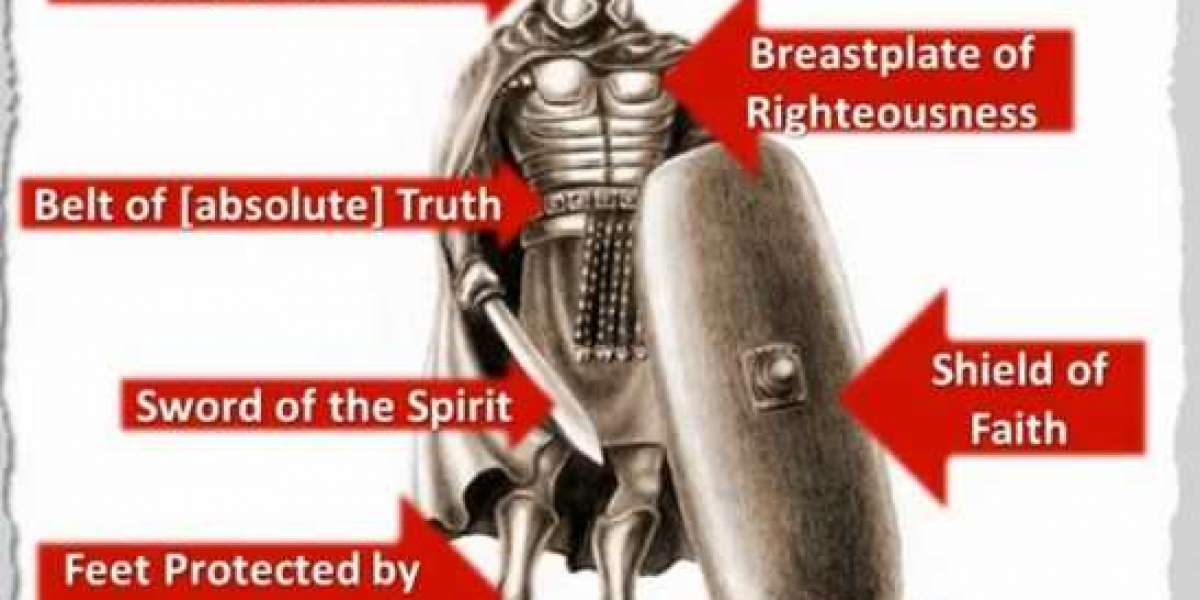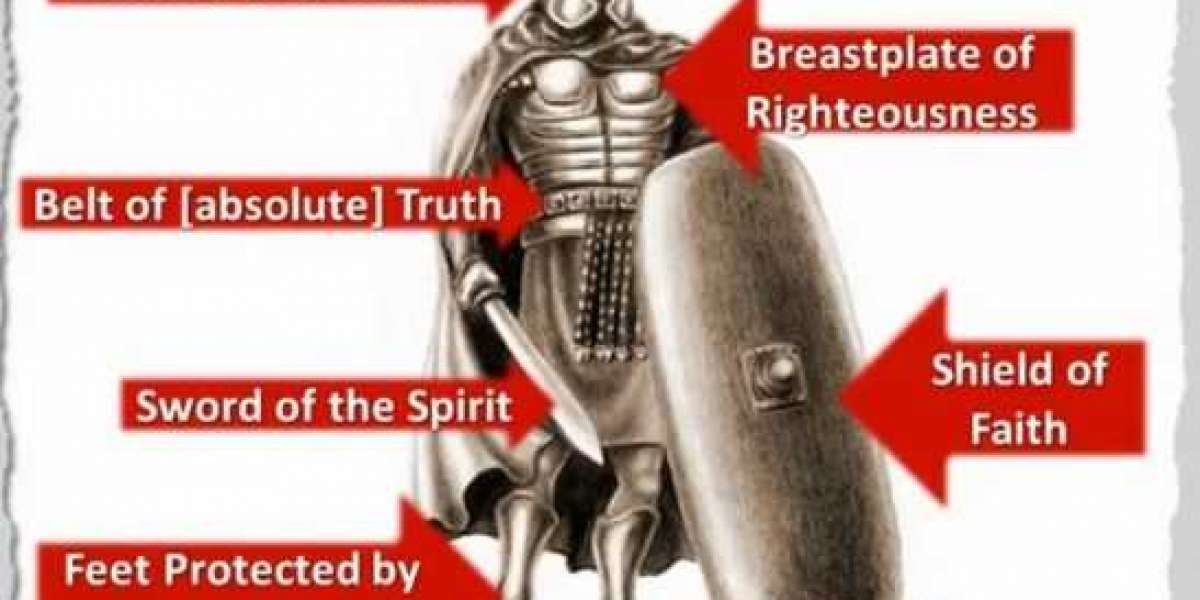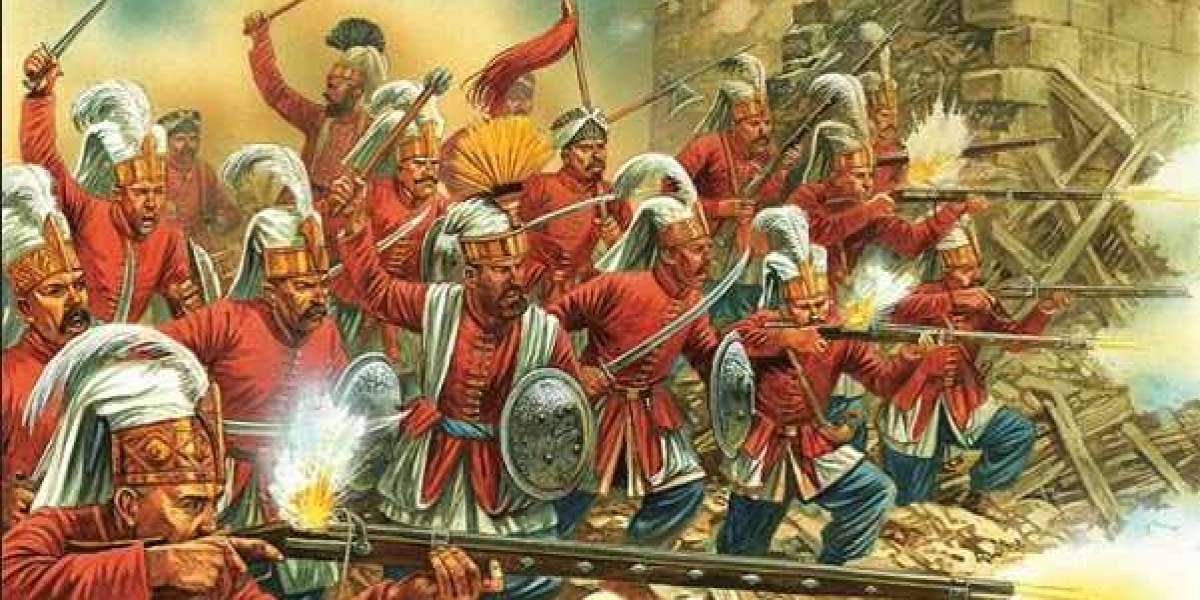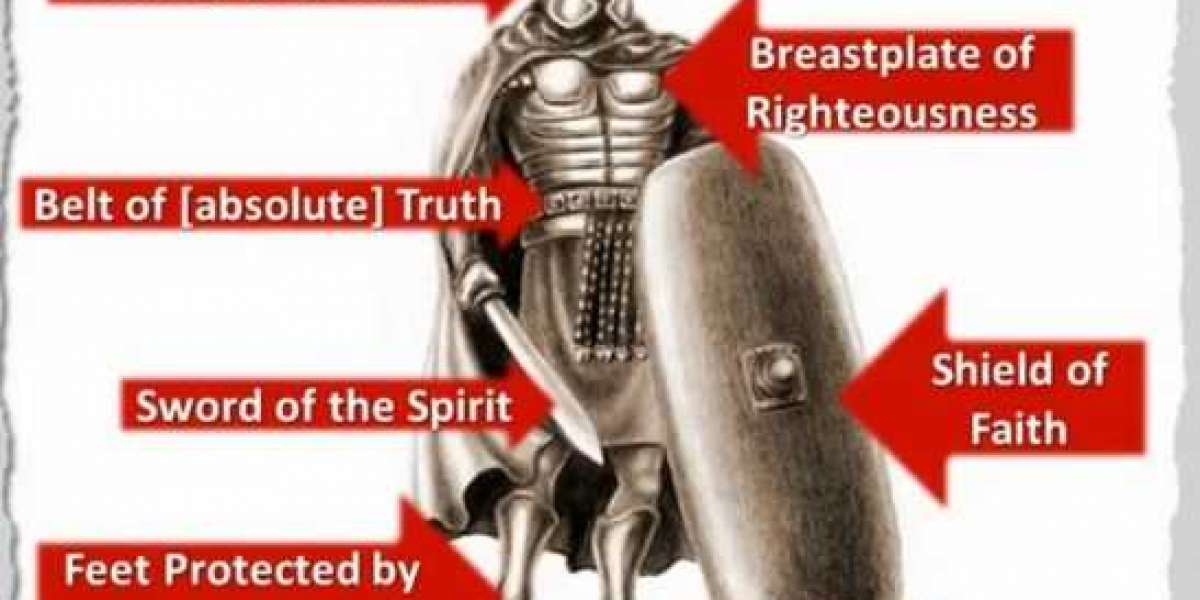(1 Corinthians 12)
God has order, because without order nothing operates successfully to any purpose (1 Corinthians 14:33, 40). He gave us the metaphor of the human body so that we could comprehend, by the brilliant anatomy of this image, how the spiritual Body of Christ is to work (1 Corinthians 12:12-27). As a body is synonymous with a tent, a house or a tabernacle (1 Corinthians 3:16-17; John 2:19-21; 2 Peter 1:13-14; Exodus 26:11-14),--all units of which gather members together--the harmonious arrangement and operations of its attached members will therefore inform man of what is appropriate both privately within the smaller domestic home as well as publicly within the larger “household of faith” (1 Timothy 3:5; Galatians 6:10). If, then, in one single consideration, we consider how Christ, in His Transfigured Divinity, is named the masculine, authoritative "Head" with all other members constituting His feminine, subordinate "Body" (Ephesians 1:22-23; 5:30, 23-29, 31-33; Genesis 2:21-24; 2 Corinthians 11:2-3)—which grants us insight into the Biblical term "the Godhead" (Colossians 2:8-10; Romans 1:19-20)--(treating the Head and the pedastelling neck as one, the arms and hands as another (Isaiah 63:5; Psalm 60:5), the legs therefore together with the feet, and finally all the rest simply as the torso),—we would find that the male leaders of the church, (who are servants of the Body directly under the administration of the Head)—we would find these authoritative servants to most logically and Scripturally correspond with the arms/hands of ministry; particularly with the comparative weakness and fallibility belonging to the left hand (Isaiah 51:5; Matthew 19:28), as Christ, in His salvific humanity, is always distinguished as the stronger and competent "Right Hand" (Psalm 74:11-12; John 1:18), just as He is the "Chief Cornerstone" set foremost among the other foundational "stones" of the church's male, apostolic elders (Ephesians 2:19-20; 1 Peter 2:4-8; John 1:40-42; Matthew 16:18); and we would appreciate this correlation all the more, as such dexterous appendages, obeying every command and instruction of the Head, naturally wash and feed and care for and tend to, both "binding" and "loosening", any portion of the rest of the Body; these arms/hands therefore being the most dynamically active, outreaching, defending, and tending force—attributes which generally correspond with the dominant traits of men, just as we find life, alongside the Scriptures, to most sensibly relate (Matthew 28:16-20; Acts 10:40-42; 13:1-3; 20:16-28; Ephesians 4:11-12; 1 Corinthians 12:28-30; 1 Timothy 3:1-13; 2 Timothy 4:1-5; Titus 1:5-9; 2:1-2,6-8; Acts 6:1-7; Proverbs 31:11-12, 23). The legs/feet, (what we understand to be the immediate opposite and complimentary counterpart of the arms/hands, and therefore what we should readily understand serves as the symbol of women (Genesis 2:18), are, of course, attended to by the hands which wash, groom, as well as clothe and adorn them, thereby ultimately providing for them (Exodus 21:8, 10-11); but, being lower in position and thus authority than the hands, we recognize the feet to nevertheless sustain the entire Body (1 Timothy 5:9-10, 14; 2:10; Titus 2:3-5; Proverbs 31:10-31; Matthew 8:14-15; Luke 4:38-39; 1 Samuel 25:40-41). Their role, therefore, is utterly indispensable to the work of the whole Body at large; for how enormously inconvenient to the entire Body would it be for the hands to go about performing the work of the feet (Acts 6:2)!
Now, who truly commands the feet to do their job?—is it the hands? No. It is indeed the Head—(that very same Head which commands the arms/hands)—from which the feet also take their every command; however, it is also, by this very same Head, that the feet are made, (for the edification of the entire Body of which they are a part and in which they serve), to submit and to yield to the authoritative handling of the loftier hands whose job it is to routinely descend so as to provide and look out for the feet in order to deliver or minister to them the fullness of the desires of the overseeing Head (Ephesians 5:25-29; 22-24; 1 Peter 3:1-6). The messenger hands, on their part, naturally never submit to any kind of authoritative handling from the feet, upon which they nevertheless depend in order to flourish in the higher occupations/ministry to which they have been appointed for the benefit of the Body (1 Timothy 2:11-13; 1 Corinthians 14:34-36; 11:11-12); but the feet, remaining under their authoritative oversight, are ever their indispensable helpmeet; for how else should the hands get around (Matthew 10:11-13; Luke 10:5-9; 1 Kings 17:8-16; 2 Kings 4:8-10; Hebrews 13:2; Genesis 18:1-8; 1 Corinthians 16:19; Acts 2:46; 5:42; 8:3; 20:20)?
Is the foot able to do the work of the hand?—somewhat: and yet that much more awkwardly and inadequately and injuriously so, quite similarly, but not altogether the same, as when the hands are made to do the work best suited to the feet. For the hands are quite evidently the glory of the Head, inasmuch as they are sufficiently and comfortably capable of executing every idea conceived by the former, whether directly so or by fashioning the tools or contrivances required; while the humbler feet, taking after the hands in their physical form and design (Genesis 1:27), but less dexterous in nature as to lack the strengths of their counterpart (1 Peter 3:7), are therefore the glory of the hands, set ever to assist those more elevated appendages in their own direct glorification of the pedestalled Head (1 Corinthians 11:7-9). Thus, it is ever so clear that they each have their different but complimentary assignments. Yet, should the one or the other entirely fail, it is the counterpart whom we will find must necessarily take up the effort, but never to the utter neglect of its own duties. When, in time, the failing appendage be restored, and returned to the scene, the substituting appendage does not refuse to yield to the proper one, but immediately returns to its appropriate duties without grievance or complaint but rather with an overwhelming sense and feeling of relief, which the whole Body promptly enjoys and collectively rejoices in (1 Corinthians 12:26; Romans 12:15). Therefore, the substituting appendage never steps up in any effort to usurp but only ever in the effort to aid in the restoration and return of the more suitable appendage. Anatomically speaking, we will most obviously observe the feet/legs to be entirely unable of themselves to ever usurp the position and placement of the hands/arms; but rather, and only for whatever necessary time, they will solely perform a fair amount of the duties of the hands/arms, so that nothing completely essential to the sustainment of the Body’s health is lacking;—again, I observe, ‘completely essential’: for the feet will scarcely ever labor, in undertaking the duties of the incapacitated arms, in any task that is purely additional or glorious, and therefore utterly inessential, to the life of the Body; they must inevitably be content in their substituting labors to allow the Body to continually feel and therefore as often be reminded of the significant loss of the disabled arms, by not being able to aspire in every way to try and sufficiently replace them: (indeed they will feed the Body, as they absolutely must; they will wash the Body, to the best of their ability; but how well shall they actually defend it? [1 Timothy 2:14; Isaiah 3:12]). In these feminist days, a woman may defensively claim to be doing likewise upon her compensatory actions being called into question; but the natural body, fashioned by God, from which we should take example (1 Corinthians 11:14-15; Romans 1:26-27), has every appendage’s intentions ever understood by and communicated to the rest of the Body whenever such an injury or weakness exclusively warrants such a compensatory act; and such appendages are never set against the remaining Body, by competing with another more-suited appendage that is relatively whole and present and active and ready to work, but instead will submit always in the service of the good of the whole, knowing their most effective and appropriate place, which Creator God has perfectly assigned them. Thus, while the hands and feet ever contribute to the same work or occupation—(ultimately, that of the Gospel),—nevertheless, in thus working alongside one another, we find plainly that they are never truly engaged in the same task (Romans 16:1-6; Philippians 4:2; 2 Timothy 1:5; Luke 2:36-38; 2 Chronicles 34:19-28; Exodus 15:20-21; Proverbs 31:1-9).
Let us never think that the propagation of the Gospel of Christ is only to be found in talking and teaching. Actions speak—for we know that they speak louder even than words (Titus 1:16); our actions are light in this world and are the proof and reality of a changed life (Matthew 5:16). Talk is cheap, and easy to be ignored or dismissed as nothing more than talk; but the display of a godly life is truly unignorable (Matthew 23:1-3).
One will find, in fairly analyzing every Biblical account of both godly men and women, of both godly husbands and wives, the actions of either sex to correspond and be reconciled with the anatomy of the human body, of that Body of Christ, of the Image of God, in the same manner as we know the body to operate in times of both health as well as limb disability, which I have undertaken here to appreciate.
Let us now look, with proper eyes, applying the understanding from the above illustration, at the famous, godly woman, Deborah, (whose character has become so distorted these days), who was a judge in Israel. She is recorded as saying:
"When LEADERS lead in Israel, bless the Lord! SPEAK, you who ride on white donkeys, who sit in judges' attire. Hear, O kings! Give ear, O princes! I, even I, will SING to the Lord; I will SING PRAISE to the Lord God of Israel!" For "In the days of Jael, the highways were deserted, and the travelers walked along the byways"—(for 'When Ehud was dead, the children of Israel again did evil in the sight of the Lord. So the Lord sold them into the hand of Jabin king of Canaan. And the children of Israel cried out to the Lord; for Jabin had nine hundred chariots of iron, and for twenty years he had harshly oppressed the children of Israel' [Judges 4:1-3]);—"[Israel]", she thus goes on to say, "chose new gods; then there was war in the gates; not a shield or spear was seen among forty thousand in Israel, until I, Deborah, arose, arose a mother in Israel. My heart is WITH the rulers of Israel" (The humble but powerful words of Deborah - Judges 5:2-10). Deborah (the woman used today to promote feminine leadership) plainly acted only when the men utterly failed, and clearly pleaded during her ministry for the men to rise up and do the work that God had appointed them to.
Prior to this speech, this same Deborah, a prophetess (one through whom God chose to speak His prophetic Word), faithfully relayed the word God had given her to Barak, saying, “Has not the Lord God of Israel commanded, ‘Go and deploy troops at Mount Tabor; and against you I will deploy Sisera; and I will deliver him into your hand’?”
But Barak, not having faith to go himself and so attain the glory appointed to him as a man, replied, “If you will go with me, then I will go; but if you will not go with me, I WILL NOT GO!”
Thus Deborah only consented to go forth in joint performance of that man's leadership with these words, which are clearly a judgment on the unbelieving man: “I will surely go with you; nevertheless there will be no glory for you in the journey you are taking, for the Lord will sell Sisera into the hand of a woman.” And thus it was so; for the men had largely forsaken and lost faith in God, and thus had forsaken the glory of their office.
